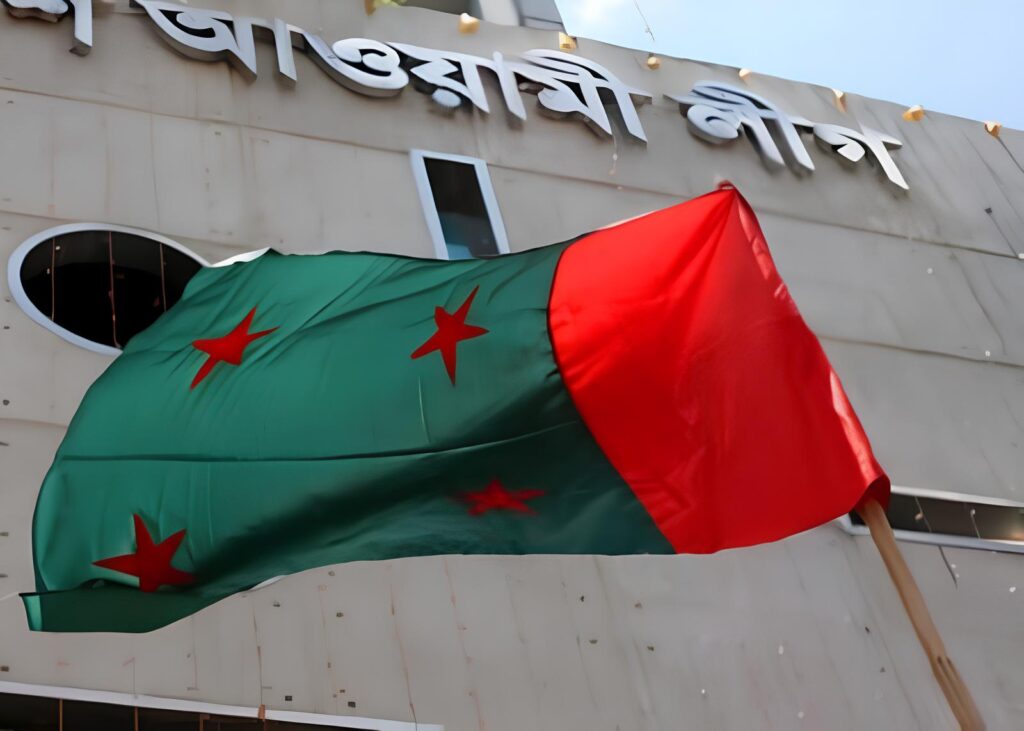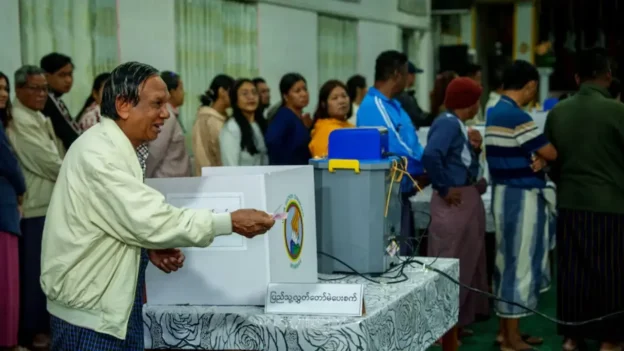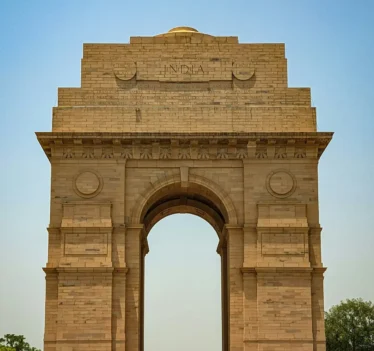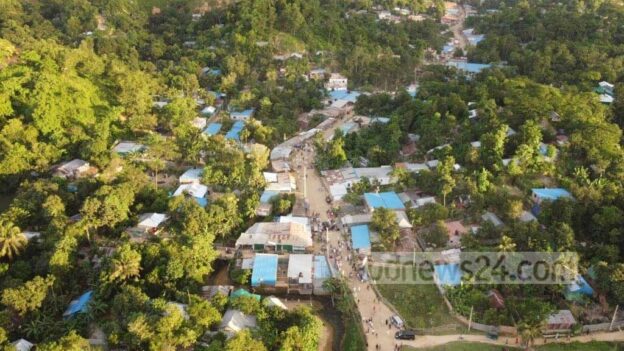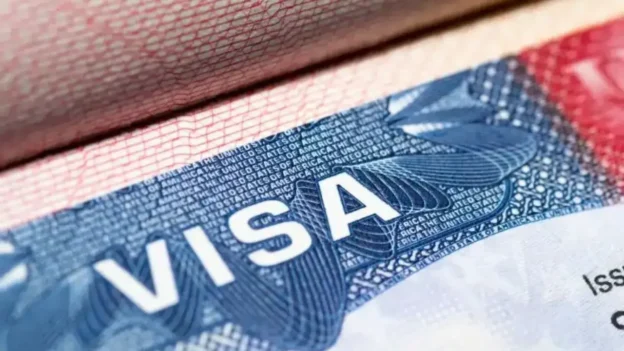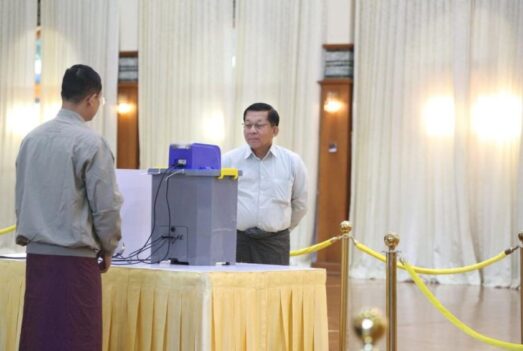The concept of an interim government developed in Bangladesh with a pure intention to conduct the national elections with no (or a little) intervention from the ruling political party and it was mandated that the caretaker government in Dhaka would go for the polls by 90 days since its existence and handover the power to the winning party representatives. Members of the government (known as advisors) usually represent distinguished personalities, not associated with any political party, and they cannot participate in the elections (being advisors or the chief advisor). However, when Nobel laureate Professor Muhammad Yunus was appointed as the interim government head after a massive student-led uprising compelled the sitting Prime Minister Sheikh Hasina to resign and flee (to India) on 5 August last year, a sense of joy and expectation surfaced among the common Bangladeshi nationals. Enjoying the overwhelming popularity, Prof Yunus also termed the July-August 2024 (popularly called as Monsoon Revolution) rebellion as the second freedom movement and he went on explaining why a new Bangladesh is possible with important reforms in various sectors.
After nine months, the Yunus administration still pursues for the final reports by a number of reform commissions with their proposals and subsequent discussions with the political party representatives, where it emerges that the situation remains murky. Prof Yunus is optimistic about the exercises and has already declared that Bangladesh would go for the next general elections by June 2026 even though some political leaders are demanding the polls by this year itself. Amid political confusions and continued deteriorated law & order situation across the Muslim majority south Asian nation, the government recently witnessed an uproarious situation when a commission (dedicated for the welfare of women) submitted its suggestions advocating more freedom and benefits to the Bangladeshi ladies. The Islamist parties, which are now gaining more grounds across the populous country, hit the streets with an unexpected pouring of agitators.
Recently, the government banned all kinds of activities for Awami League, the party which was instrumental in the freedom movement giving birth to sovereign Bangladesh (out of Pakistan in 1971) under a revised anti-terrorism law. Later the Bangladesh Election Commission suspended the registration of Awami League, which ruled the country since 2009 (till August 2024), making it loud and clear that the deposed premier Hasina may not be able to participate in the coming polls. It was followed by a dramatic escape of former Bangladesh President Mohammad Abdul Hamid to Thailand to avoid legal procedures in his home country. The former lawmaker belonging to the suspended party has been co-accused in a murder case and remains under police investigation along with many Awami League top leaders.
Meanwhile, Dhaka continues pursuing with New Delhi for repatriating Hasina along with a number of party leaders who face hundreds of police complaints across Bangladesh. A United Nations fact finding team officially reported that no less than 1,400 people were killed during the July-August 2024 uprising (popularly called as Monsoon Revolution), where Hasina is accused of ordering harsh actions against the agitators. Many of her party leaders are also named in the report, who were directly involved in the killing of anti-Hasina demonstrators. The report stated that serious human rights violations and abuses were committed by the Bangla security agencies and armed Awami League supporters between 15 July and 5 August last year with an aim to retain power at any cost. The government had already banned the student wing (Bangladesh Chhatra League) of Awami League under the act on disruptive activities.
The suspension of Awami League is assumed to provide electoral benefits to the Khaleda Zia-led Bangladesh Nationalist Party as well as Jamaat-e-Islami party and even the newly launched National Citizen Party (which continues its demand to punish all individuals who terrorized the mass people during the Hasina regime). All political party leaders and workers celebrated the restriction on Awami League. Even when the Union government in New Delhi expressed concern over the suspension of Awami League ‘without a due process’ and emphasized on early and a free, fair and comprehensive election in the neighbouring country, Dhaka reacted sharply that the electoral process was an internal matter with adequate concern over the national security and sovereignty of Bangladesh.
Days back, a former head of Bangladesh Rifles (currently BDR) made an irresponsible comment that Dhaka should occupy northeast India if New Delhi adopts a military aggression against Islamabad. But his over ambitious comment on social media turned short lived as the government made distance from it clarifying that the statement made by the retired army officer ALM Fazlur Rahman was made in his personal capacity. His views do not reflect the position or policies of the government and as such it neither endorses nor shares such rhetoric in any form or manner, stated the foreign ministry, adding that Bangladesh remains firmly committed to the principles of sovereignty, territorial integrity, mutual respect and peaceful coexistence of all nations.
Another controversy was created by Prof Yunus himself while discussing with Indira Rana, deputy speaker of Nepal House of Representatives in Dhaka emphasized on developing an ‘integrated economic plan’ for Bangladesh, Nepal, Bhutan and northeast India’. Once a university teacher turned banker to the poor, the octogenarian leader highlighted the potential of cross-border collaboration in various sectors like hydropower, healthcare, tourism and road connectivity. His comments on the integrated economic plan however invited strong reactions from various corners in India. However, responding to the query of this correspondent, a close aide of Prof Yunus clarified that he made this observation from the point of cross border economic perspective and it has nothing to do with politics or integrity of any nation.

